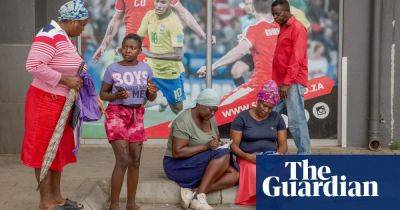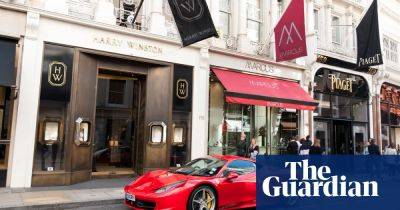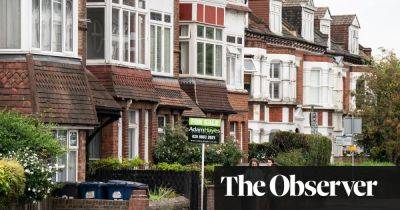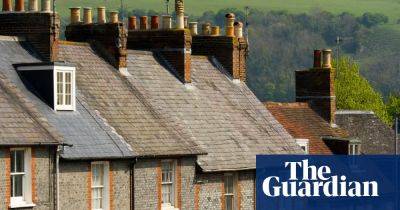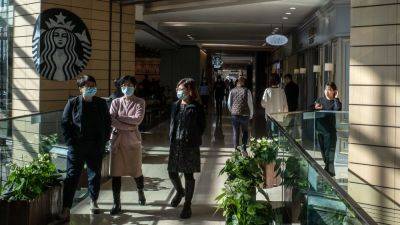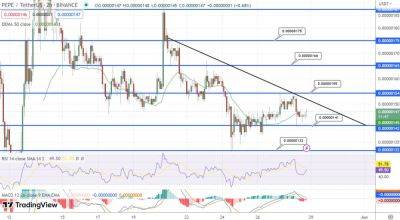‘A place to watch’: Bolton’s Tory council faces local election reckoning
O n a typically grey day in Lancashire, the diggers are rumbling along the roads outside Bolton Market. Half a decade since the last departure from the old Moor Road bus station, the council’s “masterplan” for redevelopment is still a work in progress.
“It’s a big disappointment,” says Phyllis Waits, stopping with her husband, John, to buy fish in the market. “Bolton used to be thriving. It’s a Friday morning – it should be absolutely buzzing, but there are only a handful of shops left. Everywhere has closed.”
Before this week’s local elections on Thursday, the dilapidated state of the town centre is among the top concerns for voters. As the only Conservative-run council in Greater Manchester, with a minority Tory administration propped up by independents, Labour is hoping to make serious inroads.
Bolton is exactly the kind of place Keir Starmer must regain, as he hopes to turn a commanding 18-point lead in the national opinion polls into local electoral reality.
Another major concern, but reflected across the country, is the soaring cost of living, with households facing the biggest annual hit to their disposable income since the 1950s. With sky-high energy bills and the rising cost of a weekly shop pushing inflation above 10%, it’s an issue that comes up time and again on the doorstep.
“We’re struggling,” says Nick Peel, the leader of Bolton council’s Labour group, standing on the sandstone steps of the grand 19th-century town hall. “The inability to keep your house warm, struggling to buy basic foodstuffs. Clothes for children for school, etc. People are genuinely worried and upset about it.”
Towns in the north of England are being hit harder by the cost of living crisis than the south, according to the Centre for Cities
Read more on theguardian.com



